What are fertilisers and why do you need to use them?

Fertilisers are substances that are added to soil to provide plants with essential nutrients. Nitrogen, phosphorus, and potassium are among the nutrients required for proper growth and development. Fertilizers can be synthetic chemicals, organic materials, or a combination of the two. They are used to supplement or replace nutrients in the soil that may be deficient, or to provide additional nutrients to plants grown in high-density or intensive production systems. Plants may struggle to grow and produce yields if they lack sufficient nutrients. Fertilisers can assist in ensuring that plants have the proper nutrient balance to grow strong and healthy.
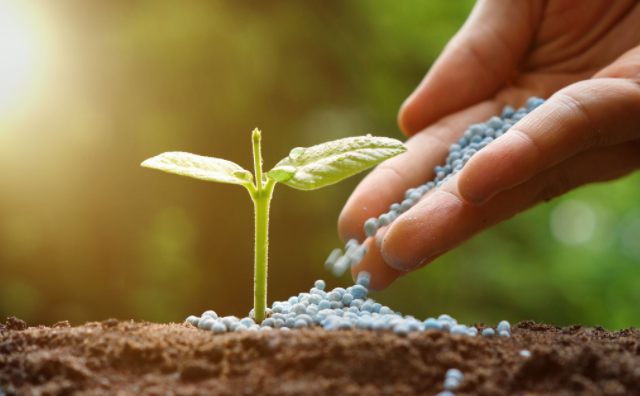
What are the different types of fertilisers?
There are several types of fertilizers, which can be broadly categorised into two main groups: organic and inorganic.
Organic fertilizers: These are made from natural materials such as animal manure, bone meal, blood meal, compost, and green manure. They release nutrients slowly over time and are less likely to burn plants.
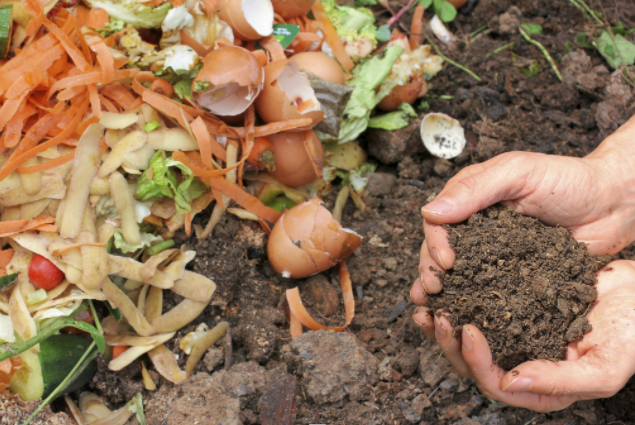
Inorganic fertilizers: These are made from synthetic materials such as ammonium nitrate, urea, and superphosphate. They release nutrients quickly and can be more precisely measured to meet the needs of specific plants
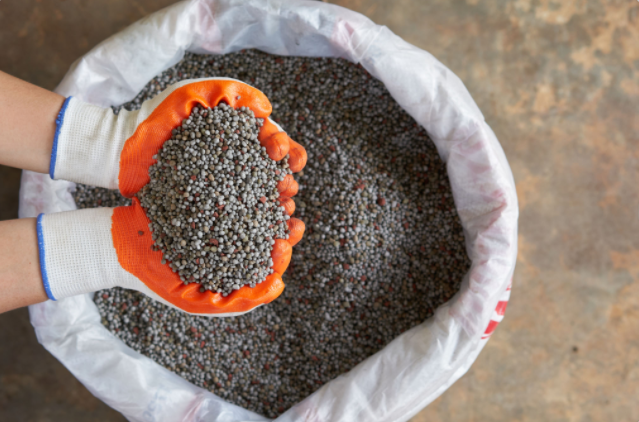
Within inorganic fertilizers, there are different types:
- Nitrogen fertilisers are used to stimulate leaf growth. Nitrogen fertilisers include ammonium nitrate and urea.
- Phosphorus fertilisers are used to promote root growth as well as the development of flowers and fruits. Phosphorus fertilisers include superphosphate and triple superphosphate.
- Potassium fertilisers are used to improve plant health and resistance to disease. A potassium fertiliser is potassium chloride (also known as Muriate of Potash).
- Micronutrient fertilisers are used to supply plants with trace amounts of nutrients such as zinc, iron, manganese, boron, copper, molybdenum, and chlorine.
It’s also important to note that there are also blended fertilizers that are a combination of the three macronutrients (nitrogen, phosphorus, potassium) in a single product, known as NPK fertilizers.
Which ones are the best ones to use for domestic use?
The best fertiliser for home use will be determined by the specific needs of your plants, as well as your personal preferences and gardening objectives.
A balanced, slow-release fertiliser with an NPK ratio of around 10-10-10 or 20-20-20 can be a good choice for general use. This will provide a good balance of the three essential macronutrients (nitrogen, phosphorus, and potassium) to your plants and gradually release them over time.
Organic fertilisers are frequently regarded as the best option for domestic use because they are more environmentally friendly and less likely to burn plants. They are also excellent for improving soil structure and adding organic matter. Compost, well-rotted animal manure, and bone meal are some examples.
If you’re looking for a fertilizer specifically for vegetables, a fertilizer that is high in nitrogen such as blood meal or fish emulsion can be a good choice.

To promote leaf growth and a lush green colour in your lawn, use nitrogen-rich fertilisers.
It’s also worth noting that before applying any fertiliser, you should test your soil to see what nutrients are deficient. Based on the test results, you can select the appropriate fertiliser to address your soil’s specific deficiencies.
What are the advantages of using fertiliser?
Using fertilisers has several advantages, including:
- Increased crop yields: Fertilizers provide plants with the essential nutrients they need to grow strong and healthy, which can lead to increased crop yields.
- Improved soil quality: Fertilizers can improve the overall health of the soil by adding essential nutrients and organic matter, which can help to improve its structure and fertility.
- Enhanced plant growth and development: Fertilizers can promote healthy root development, leaf growth, and flower and fruit production, which can lead to stronger, more vigorous plants.
- Reduced plant stress: Fertilizers can help plants to better tolerate environmental stressors such as drought, extreme temperatures, and pests and diseases.
- Increased nutritional value of crops: Fertilizers can help plants to produce fruits and vegetables that are more nutritious and flavorful.
- Reduced dependence on pesticides: Fertilizers can help to reduce the need for pesticides by promoting plant health and disease resistance.
- Cost-effective: Fertilizers can be a cost-effective way to improve crop yields and soil quality, especially when used in combination with other best management practices.
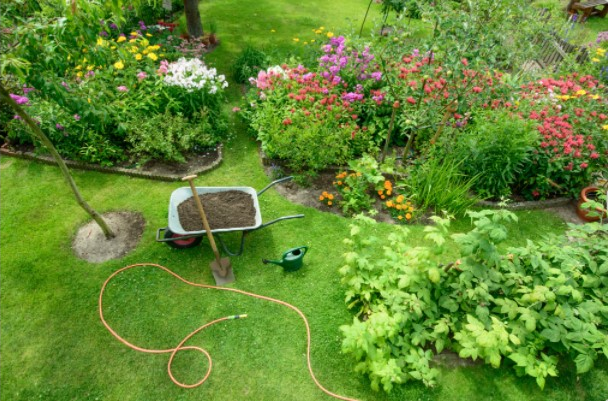
It is critical to use fertilisers responsibly and in accordance with the recommended guidelines, as overuse or misuse can have negative environmental consequences such as nutrient runoff, soil and water pollution, and contributing to glasshouse gas emissions.
Is there any health risk to using fertilisers?
While fertilizers can be an important tool for improving crop yields and soil quality, there are potential health risks associated with their use.
- Chemical fertilisers can emit harmful substances into the air, such as ammonia and nitrates, causing respiratory problems in those who are exposed to them.
- Heavy metals and other toxic substances in inorganic fertilisers can contaminate soil and water, posing a risk to human and animal health.
- Excessive fertiliser use can cause nutrient imbalances in the soil, which can harm plants and animals that rely on that ecosystem.
- Synthetic fertilisers can have a negative impact on beneficial microorganisms in the soil, resulting in soil degradation and biodiversity loss.
- Fertilizers can also contribute to water body eutrophication by promoting
To minimise the potential health risks associated with fertiliser use, it is critical to follow the instructions on the fertiliser packaging and use them responsibly, following the recommended guidelines. It’s also a good idea to use organic fertilisers whenever possible because they’re less toxic and better for the environment.
Finally, fertilisers are a valuable tool for increasing crop yields and soil quality. They supply essential nutrients to plants, improve soil structure and fertility, encourage healthy growth and development, and can reduce the need for pesticides. However, it is critical to use fertilisers responsibly because excessive or improper use can have negative environmental consequences such as nutrient runoff, soil and water pollution, and contributing to glasshouse gas emissions. There are also potential health risks associated with fertiliser use, such as respiratory problems, soil and water contamination, and negative effects on beneficial microorganisms in the soil. It is recommended to use organic fertilisers whenever possible because they are less toxic and more environmentally friendly, and to follow the fertilizer’s instructions.
View our range of garden fertilizers
View https://www.pestrol.com.au/buy-online/manutec-vermiculite-5l/





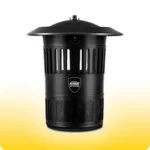 Mosquito Traps
Mosquito Traps